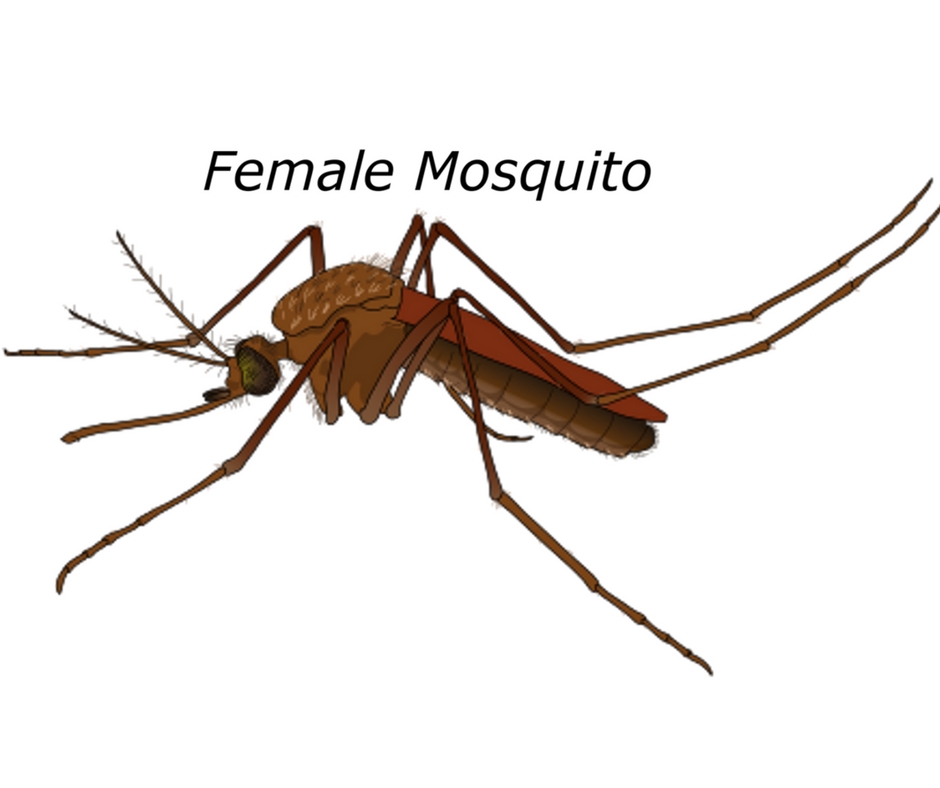Heartworm infection is a serious and potentially fatal disease in both dogs and cats. Fortunately, however, this disease is 100 percent preventable!
What are Heartworms?
Heartworms are long, spaghetti-like parasites that live in the heart or pulmonary arteries. They are transmitted by mosquitoes. When an infected mosquito bites a dog or cat, it deposits heartworm larvae into the body. The larvae migrate for several months before ending up in the right side of the heart or the pulmonary arteries.
The Cycle of Infection
Once the parasites mature (about six months from the time they enter the dog's body), they begin to release immature heartworms, known as microfilaria. Microfilaria live in the pet’s blood for about one month and may be ingested by mosquitoes feeding on the pet.
Because of the parasites' life cycle, it is necessary for a dog or cat to be bitten by a mosquito to be infected with heartworms. Heartworms are not transmitted directly from one pet to another.
 Is My Pet at Risk for Heartworm Infection?
Is My Pet at Risk for Heartworm Infection?
Obviously, pets who go outdoors are more likely to be exposed; however, about 25 percent of cats diagnosed with heartworms are reported by their owners to be indoor-only. This simply means that mosquitoes that come into the house are just as dangerous as the ones outdoors.
Why are Heartworms Dangerous?
Adult worms cause disease by clogging the heart and major blood vessels. They also interfere with the valve action in the heart. By clogging primary vessels, the blood supply to other organs—particularly the lungs, liver and kidneys—is reduced, often resulting in malfunction.
Better Prevented than Treated
Treatment of heartworms in dogs is possible, though some risk may be involved depending on the severity of the infection. It is very important to note, however, that there is no drug approved for treating heartworms in cats.
Luckily, heartworm prevention programs are available for both dogs and cats. Remember, it is much easier to prevent a disease than it is to treat it!
For heartworm prevention in dogs, there is a wide variety of prescription products available, including chewable tablets. Some products protect the dog against fleas, intestinal parasites and heartworms. We also recommend annual heartworm testing for all dogs. This simple blood test will ensure your pet is not infected.
Heartworm prevention is available for cats as well. Again, your family veterinarian can provide prescription preventive.
